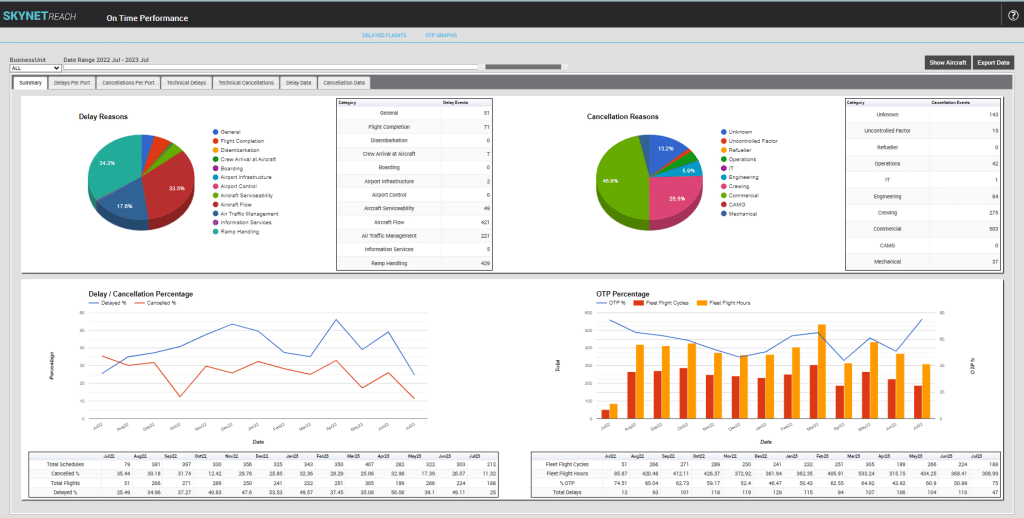Flight and cabin crew work rules are often complex from a regulatory perspective. and overlaid with equally complex work agreements that are subject to change through periodic negotiation. In our experience, this can mean that Crew Management System (CMS) software needs to keep up with the times.
Why is it so important? Here is our top 10 list!
- Reduced Manual Workload
Without CMS software, OCC staff would need to manually handle crew scheduling, which is time-consuming and prone to errors. Automation through software reduces the administrative burden, allowing staff to focus their attention on the tasks that matter most.
- Efficient Crew Scheduling
CMS software helps optimize crew scheduling by considering factors such as crew availability, flight hours, legal rest requirements, and skill sets. This ensures that the right crew members are assigned to the right flights, minimizing disruptions and maximizing operational efficiency.
- Crew Satisfaction
Efficient crew scheduling and proper rest management contribute to higher crew satisfaction. When crews are assigned well-planned schedules that consider their preferences and rest needs, morale improves, leading to better performance and reduced turnover.
- Compliance with Regulations
Aviation authorities impose strict regulations on crew duty and rest periods to ensure safety. CMS software helps airlines adhere to these regulations by automatically calculating crew duty limitations, rest times, and mandatory breaks.
- Real-Time Updates
CMS software provides real-time updates to crew members and the OCC, allowing for quick adjustments to schedules, reassignments, and replacements as needed.
- Crew Communication
The software facilitates communication between crew members and the OCC. Crew members can receive updates, notifications, and instructions directly through the software, ensuring that they have the latest information for their assignments.
- Cost Savings
By minimizing crew-related disruptions and optimizing crew utilization, airlines can reduce expenses associated with reassignments, last-minute replacements, and crew deadheading.
- Data Analysis and Reporting
CMS software gathers data on crew assignments, work hours, and performance metrics. Analysing this data provides insights into crew productivity, efficiency, and areas for improvement, helping airlines make informed decisions.
- Integration with Other Systems
An integrated CMS platform with other OCC systems such as flight planning, maintenance, and customer service ensures that crew assignments align with flight schedules, aircraft availability, and passenger needs.
- Emergency Situations
During irregular operations or emergency situations, CMS software assists in rapidly reassigning crews and adjusting schedules to manage the disruption and restore normal operations as quickly as possible.




